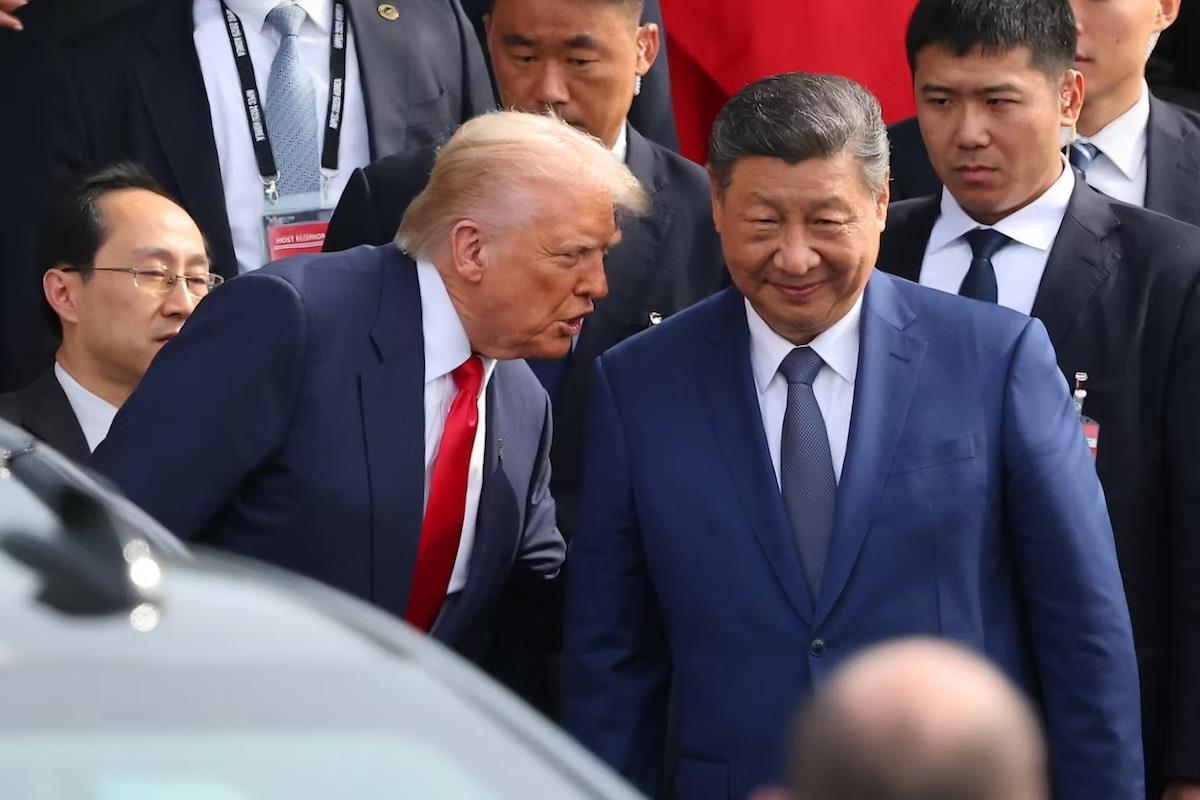
How Singapore Can Win The AI Race
But the world's next frontier for AI power will not be determined by these giants alone. It will depend on how smaller yet adaptive states – such as Singapore – design new compacts between government and enterprise to sustain technological sovereignty and social legitimacy in the age of machine intelligence.
A state-enterprise compact for AIAmerica's laissez-faire approach, which long privileged private enterprise and capital markets, created rapid innovation but eroded strategic control. The infrastructure that powers AI – data centers, energy grids and advanced chips – remains fragmented across private interests and vulnerable to supply disruptions.
When Washington moved to reassert control through the CHIPS and Science Act, it exposed how much critical capability had already migrated offshore. The resulting scramble for compute power and skilled workers showed that technological leadership, without state coordination, is brittle.
Singapore, whose economy is more exposed to global value chains than America's, cannot afford a similar vulnerability. The country's digital economy already contributes close to a fifth of GDP and continues to expand across finance, healthcare and logistics. Yet sustaining that trajectory will require reimagining what Singapore has long done well: An adaptive compact between state and enterprise updated for the AI age.
From protection to partnershipFirst, cyber-resilience must be a joint effort between the state and enterprises – an essential foundation for Singapore's AI economy. At the 2025 Singapore International Cyber Week (SICW), the government announced it would share classified cyber-threat intelligence with critical sectors such as energy, telecommunications and finance to“level the playing field between defenders and attackers.”

Legal Disclaimer:
MENAFN provides the
information “as is” without warranty of any kind. We do not accept
any responsibility or liability for the accuracy, content, images,
videos, licenses, completeness, legality, or reliability of the information
contained in this article. If you have any complaints or copyright
issues related to this article, kindly contact the provider above.






















Comments
No comment